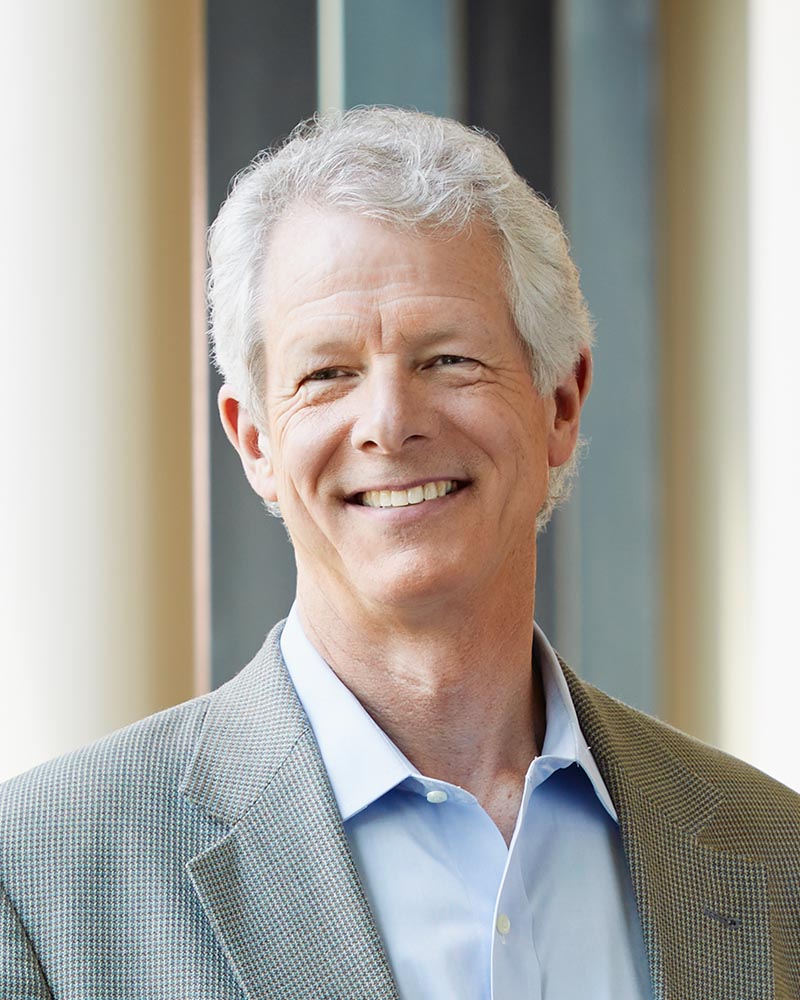William Smalley has been a friend of the MMF program since 2020, when he gave the keynote address that kicked off MMF 2020 Symposium. William is a management consultant, facilitator, keynote speaker and the President of Route Five International Inc. He is the author of “Intelligent Selling™” a next generation sales program based on collaboration that teaches sales professionals to think like leaders.
We invited William to speak to MMF Class of 2023 about how leadership and accountability factor into a job search.

Employers and employees see job opportunities a little differently since the pandemic caused everyone to adopt a new way of working. It’s a shifting landscape where engagement is more challenging, and leadership and accountability are an increasingly important part of your personal brand.
Personal brand is about taking who you are, the combination of your competencies and your personality, and creating an image for yourself that gets known throughout an industry. Your reputation is your future, you need to protect it.
“People won’t remember what you did, they’ll remember how you treated them,” Smalley says. “People remember what kind of a person you are, long after they forgot what you achieved in your life.”
Personal leadership is an inherent principle, extending into protecting your personal brand, through ethical negotiations. Developing ethical negotiation skills will allow you to handle yourself with confidence during the challenging experience of being in a job search.
Ethical negotiation operates on two levels: one is the substance level, which is logic-oriented and explicit, and that requires intelligence. The second level is interpersonal, which means managing the relationship, and dealing with emotions and attitudes. This requires emotional intelligence.
Pete Block of Flawless Consulting says, “You have to pay attention to the emotional aspects in order to focus on the logical.”
Why?
We may think that decisions around hiring are made logically, but in fact decision making hinges on a person’s emotional experience of the relationship you developed with them.
Think about what your personal brand could be within this framework. More and more organizations today are embracing accountability: cultural, social, and environmental accountability. Leadership goes hand in hand with accountability.
A prospective employer may ask you how you fit into their vision of accountability. They may ask you to think about what you want to contribute, how and where you want to make a difference, which extends beyond the task or the functional job you hope to secure.
The Miriam Webster dictionary defines accountability as, “the quality or state of being accountable, especially: an obligation or willingness to accept responsibility or to account for one’s actions.”
Consider that “willingness to accept responsibility” phrase in this in this definition. Responsibility has a focus, and accountability can be shared without conflict, which is essentially a form of collaboration.
No one is successful alone. People support what they help to create. More value is created through collaboration than confrontation. Collaboration, though more difficult in the new reality of remote work, is critical to success. It is also essential in managing and implementing change.
Certainly, recruiters may be interested in your technical skills, your ability to perform tasks. But the top four business skills recruiters are looking for – and not finding – are:
1. Leadership
2. Communication
3. Creative Problem-Solving
4. Strategic Thinking
Many people find themselves in lengthy recruiting processes that often include a TEST of their technical competency. Pass the TEST, and you move on to the final stage, which is usually a meeting with the executive to determine if you are the “right fit” for the team.
Companies hire for who you are first, then for what you know. Every interview is an opportunity to build a relationship – whether you get the job or not. Relationships are the foundation of your future. Interviewers record and remember what you say, and what you do, long after you have left the room.
Who you are — your attitude and your values — how you act in relationships, and how you express your competence, will determine how successful you will be in your career.
Want to hear more? William’s full presentation is now available as a podcast on our Spotify channel.
